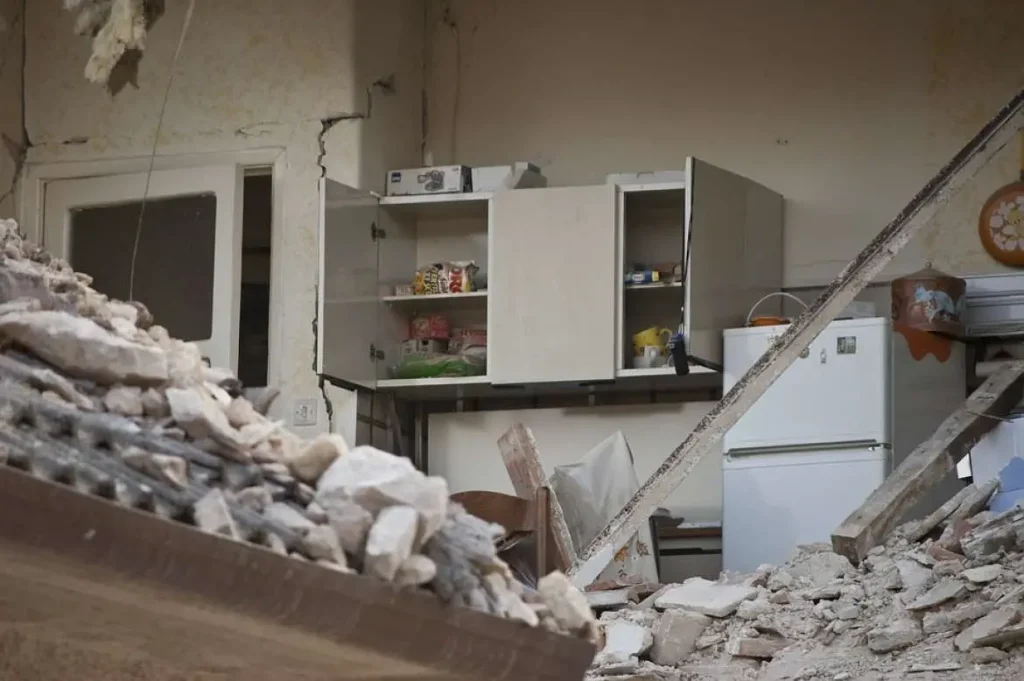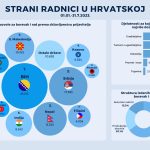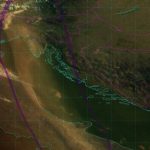As Poslovni Dnevnik writes, over the past year and a half, earthquakes in Croatia’s general area have become almost commonplace. Zagreb, Petrinja, the Adriatic, the hinterland of Sibenik, Split, down south in Dubrovnik… Is this really a time of more seismic activity or are we just a little more sensitised to this news now following what we experienced in 2020?
”The situation in the Petrinja area is calming down a bit now, which is good news for everyone who lives there, because I’m sure they’re already tired of quakes and tremors. We hope that this is coming to an end, that it will stop soon. The fact that the earthquakes in that area are getting weaker doesn’t mean that there may not be a stronger earthquake, there is and can be no such regularity. This is shown through this time. It’s all normal for some earthquakes stronger than three according to the Richter scale to appear here and there,” warned Croatian seismologist Tomislav Fiket, who was a recent guest on the show “Good morning, Croatia/Dobro jutro, Hrvatska”.
Here in the Republic of Croatia, devastating earthquakes occur on average every 45 years, but that does not mean that they will happen now and then again only in 45 years.
”It can happen that they all occur over a period of just a couple of days, and then they don’t happen again for as long as 100 or 200 years. Those 45 years could turn into every 100 years. He mentioned the Pokupje earthquake which occurred way back in 1909, and shortly afterwards, in 1916, the Vinodol earthquake struck.
”It can and has happened throughout history. We were lucky that the last strong earthquake (other than those of 2020) occurred back in 1996 in Ston. It is impossible to predict when an earthquake will occur. The most seismically active area in the world, as far as earthquakes are concerned, is known as the Pacific Ring of Fire.
”This is the area where these large tectonic plates collide, there is a lot of seismic activity. Japan is the best example of this, earthquakes happen there that are much stronger than these which occur in this country, we’re very lucky as far as that’s concerned, but they’re also much better prepared for such events than we are,” concluded Croatian seismologist Tomislav Fiket for the aforementioned show.
For more, check out our dedicated lifestyle section.










